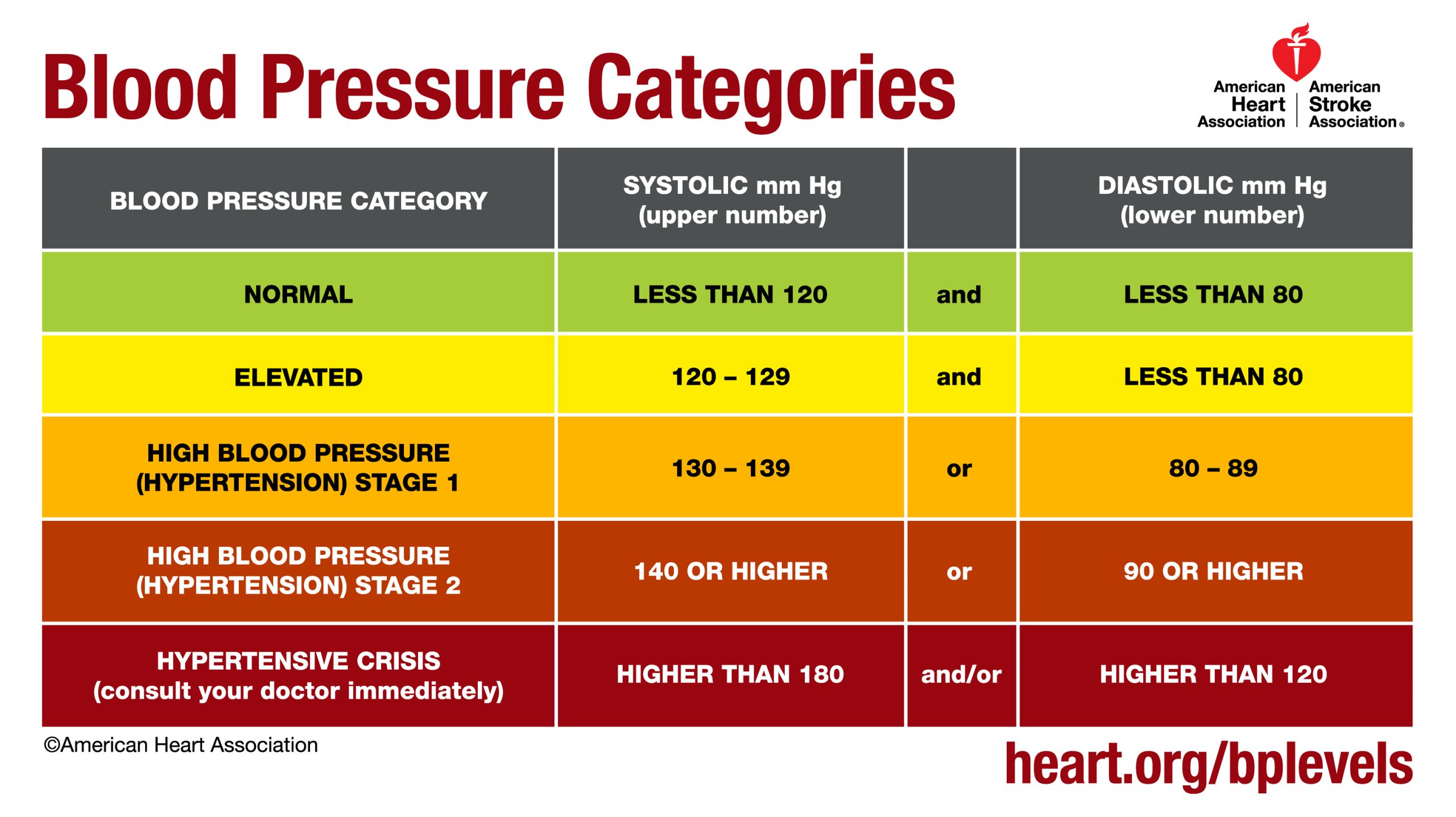Benefits of Low Blood Pressure
Low blood pressure, also known as hypotension, is a medical condition characterized by blood pressure levels that are below the normal range. While high blood pressure is widely recognized as a risk factor for various health problems, low blood pressure also has its own set of benefits. In this article, we will explore the advantages of having low blood pressure and how it can positively impact your overall well-being.
Improved Heart Health
One of the significant benefits of low blood pressure is its positive impact on heart health. When blood pressure is too high, it puts excessive strain on the arteries and the heart. However, with low blood pressure, the heart doesn’t have to work as hard to pump blood throughout the body. This can reduce the risk of developing cardiovascular diseases such as heart attacks, strokes, and heart failure.
Reduced Risk of Kidney Disease
Studies have shown that individuals with low blood pressure have a lower risk of developing kidney disease. High blood pressure can damage the blood vessels in the kidneys, leading to impaired kidney function. In contrast, low blood pressure helps maintain healthy blood flow to the kidneys, reducing the strain on these vital organs and minimizing the risk of kidney-related complications.
Lowered Risk of Eye Problems
Another advantage of low blood pressure is its association with a reduced risk of eye problems. High blood pressure can damage the blood vessels in the eyes, leading to conditions such as retinopathy, vision loss, and even blindness. By maintaining low blood pressure, you can help protect your eyes and preserve your vision.
Decreased Risk of Cognitive Decline
Research suggests that individuals with low blood pressure may have a decreased risk of cognitive decline and dementia. High blood pressure can contribute to the development of conditions like Alzheimer’s disease and vascular dementia. By maintaining optimal blood pressure levels, you can potentially protect your brain health and reduce the risk of cognitive impairment.
Enhanced Athletic Performance
Low blood pressure can also benefit athletes and individuals who engage in regular physical activity. When blood pressure is too high, it can limit the amount of oxygen and nutrients delivered to the muscles, leading to fatigue and reduced performance. With lower blood pressure, the muscles receive an adequate supply of oxygen and nutrients, allowing for improved endurance and overall athletic performance.

While high blood pressure is widely recognized as a health concern, it is important to acknowledge the benefits of low blood pressure. From improved heart health and reduced risk of kidney disease to lowered risk of eye problems and cognitive decline, maintaining optimal blood pressure levels can have a positive impact on various aspects of your health. If you have concerns about your blood pressure, it is always advisable to consult with a healthcare professional for proper evaluation and guidance.
Frequently Asked Questions about the Benefits of Low Blood Pressure
1. What is considered low blood pressure?
Low blood pressure is generally defined as a reading below 90/60 mmHg.
2. What are the benefits of having low blood pressure?
Having low blood pressure can reduce the risk of heart disease, stroke, and kidney problems.
3. Can low blood pressure improve overall cardiovascular health?
Yes, low blood pressure can improve cardiovascular health by reducing strain on the heart and blood vessels.
4. Does low blood pressure help in preventing hypertension?
Yes, maintaining low blood pressure can help prevent the development of hypertension.
5. Can low blood pressure lead to better brain function?
Yes, low blood pressure promotes better brain function by ensuring proper blood flow to the brain.
6. Are there any benefits of low blood pressure for pregnant women?
Low blood pressure during pregnancy can reduce the risk of complications such as preeclampsia.
7. Does low blood pressure contribute to better kidney function?
Yes, low blood pressure can improve kidney function by reducing strain on the kidneys.
8. Can low blood pressure help in preventing heart attacks?
Yes, maintaining low blood pressure can reduce the risk of heart attacks.
9. Are there any lifestyle changes that can help maintain low blood pressure?
Yes, adopting a healthy lifestyle including regular exercise, a balanced diet, and stress management can help maintain low blood pressure.
10. Should I be concerned if I have consistently low blood pressure?
If you have consistently low blood pressure but are not experiencing any symptoms or health issues, it is generally not a cause for concern. However, it is always recommended to consult with a healthcare professional for personalized advice.




